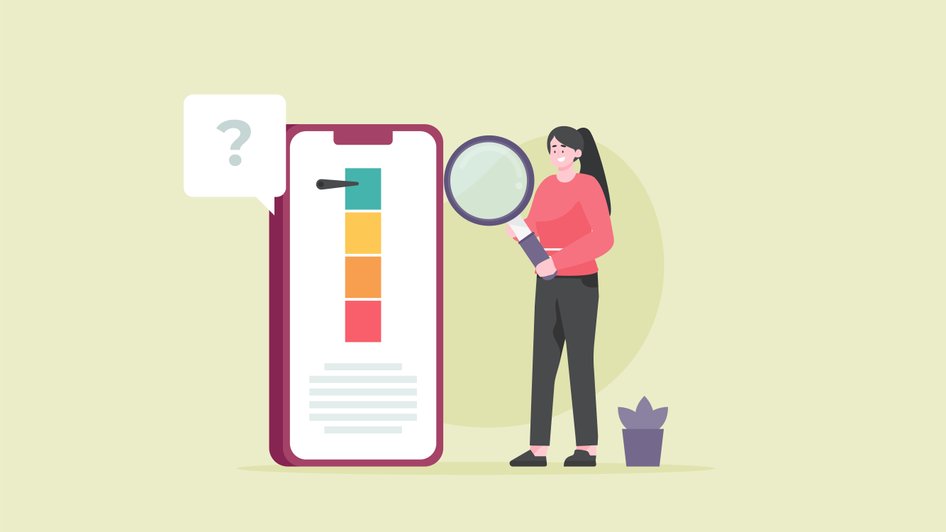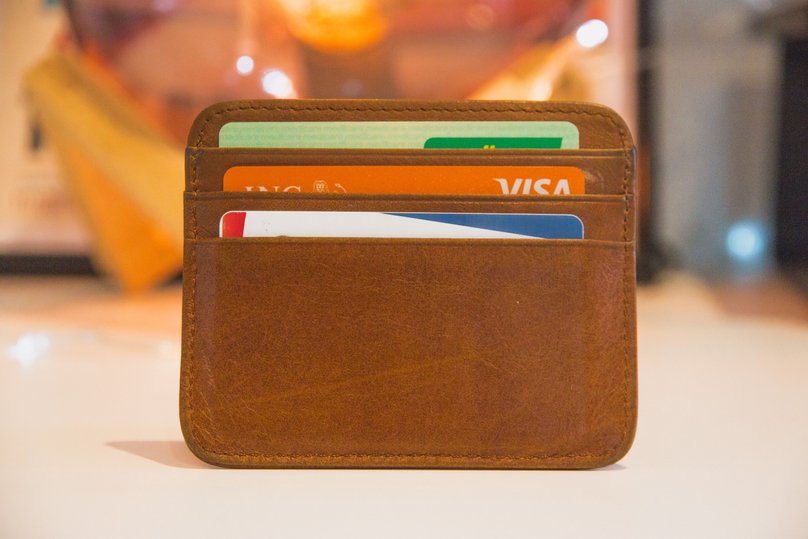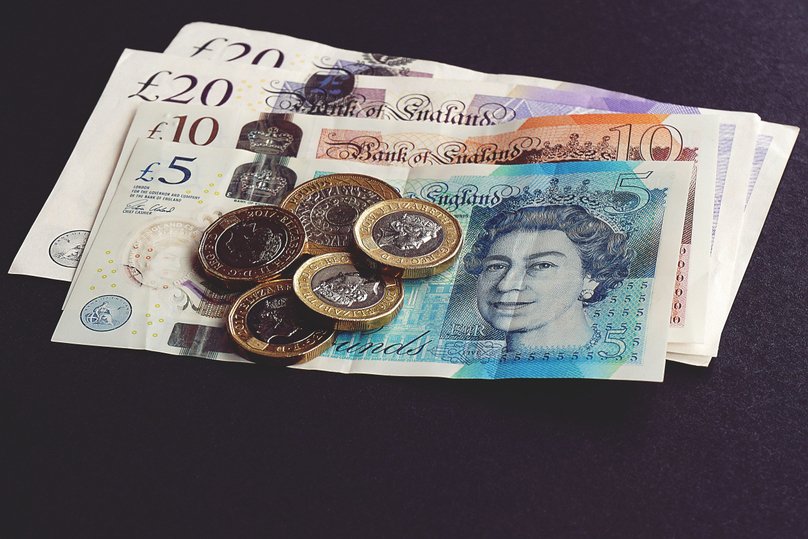A guide to your credit score


In today's financial world, a good credit score can have a significant impact on your ability to access credit and determine the rate that you will pay. A good credit score can translate into getting a better financial deal on credit cards, personal loans, car finance, mortgages as well as lower insurance premiums.
What is a credit score?
Your credit score or credit rating is a three-digit number used by lenders to help assess whether you will qualify for credit including credit card, loan, mortgage as well as other services such as mobile phone contracts. The credit score is calculated by Credit Reference Agencies (CRAs) and is one way for lenders to understand your previous borrowing behaviour to help them assess the level of risk in giving you credit. Your credit score shows how well you've managed your borrowings, based on your credit report over the last six years.

What information is on your credit report?
- Your name, current address and previous addresses from the past six years.
- Whether you’re registered on the electoral roll.
- How many accounts you’ve had in the past six years, and when you opened them.
- Your regular payments, including any missed or late payments.
- How much credit is available to you, and how much of it you use.
- Who you’re financially associated with e.g. joint mortgage.
- Whether you’ve had a default, CCJ, IVA or bankruptcy in the past six years.
What is your credit score used for?
Your credit score is used for various things across a number of financial areas.
- Loans
Your credit score impacts your ability to be accepted for a loan as well as the loan rate you will pay.
- Credit cards
Your credit score affects if you get accepted for a credit card, the promotional rates that you get for a balance transfer and purchases as well as the ongoing APR. Please note that a credit rating/score is just one-factor lenders utilise in assessing your credit card application.
- Mortgages
If you plan on getting a mortgage, whether it's a remortgage or if moving home your credit score will affect if you get accepted and may also impact the interest rate you pay.
- Utility bills
A missed payment on a utility bill could impact your credit score and, in turn, affect your ability to get accepted for other credit from lenders.
- Car finance
If you plan on purchasing a car or leasing a car, then your credit score will affect your ability to get car finance.
- Mobile phone contracts
Getting access to a mobile phone contract is dependent on your creditworthiness and involves a financial check.
- Car & home insurance
If taking out car or home insurance and paying monthly, the insurer may undertake a credit check. A better credit score may give you access to lower insurance premiums.
Given the importance of some of these items e.g. mortgage for example affecting your ability to purchase a house, make sure you check your credit score on a regular basis so you can see all the reported information is correct including any possible errors.
Who are the credit reference agencies?
Credit reference agencies (CRAs) are independent organisations that hold information about you to help banks, building societies and lenders decide whether you're likely to pay back the money you borrow. Different credit reference agencies have different methods for working out credit scores.
There's a variety of providers you can choose from, but the main credit reference agencies are Experian, Equifax and TransUnion (formerly Callcredit). Below is a comparison table for the three main credit reference agencies and what they consider to be an excellent, good or a fair credit score.
| Experian | Equifax | TransUnion | |
|---|---|---|---|
| Excellent | 961-999 | 466-700 | 628-710 |
| Good | 881-960 | 420-465 | 604-627 |
| Fair | 721-880 | 380-419 | 566-603 |
How can I access my credit score or credit report for free?
You have a legal right to check your credit score and credit history. You can access your credit score and credit report for free across the main credit agencies, using the below methods:
- Experian
You can check your credit score for free directly at Experian, there is an also an option of a 30 day trial for credit report access. However, if you want free access to your full Experian credit report you can signup for MSE Credit Club for free.
- Equifax
Clearscore provides free access to your Equifax report. You can also get a 30-day free trial directly at Equifax.
- TransUnion
Credit Karma and Credit Monitor give free access to your TransUnion credit report. You can also get a free statutory basic credit report directly at TransUnion.
How to improve your credit score?
Having a good credit score has obvious benefits such as better access to credit as well as potentially lower costs of borrowing / interest rates. Below are some tips to improve your credit score.

Electoral register - Get your name on the electoral roll at your current address, even if this is shared accommodation or living at home with parents.
Build your credit history - Having no credit or financial history can make it difficult for companies / lenders to assess you e.g. you maybe new to the country. Ideally build your credit history over time e.g. for example having a credit card may improve your credit score
Make regular payments on time.
Keep your credit utilisation low - Your credit utilisation is the percentage you use of your credit limit. Usually, a lower percentage will be seen positively by lenders.
Check for errors and report any mistakes on your report - Even small mistakes, such as a mistyped address, can affect your score and could be enough for a lender to refuse you credit. It’s worth checking your credit report to make sure all the information on it is accurate and up to date.If you do spot a mistake, contact the provider directly and ask them to change it.
Monitor your credit file for fraudulent activity - If fraudsters gain access to your personal details, they could take out credit in your name without you being aware. If you see something on your credit report that is wrong, such as an application you don’t recognise, contact the credit reference agency.
Avoid moving home frequently - Although not always possible, lenders like to see stability in your circumstances. Moving home frequently may make lenders think you could be having trouble paying rent, for example.
Keep old accounts open and show a long credit history - It can be good to show lenders that you can successfully manage multiple credit accounts, especially over a long period of time.
Credit builder credit card - If you’re looking to improve your credit rating, then a credit builder card can help rebuild your credit score.
Avoid payday loans - Some lenders can see payday loans as a sign that you might be going through a difficult time with your finances, which could go against you.
Take care when applying for new credit - Making a lot of new credit applications at once can make you appear risky to some lenders e.g. multiple credit card applications. When applying for credit, look for a 'eligibility checker' before you apply for credit, to give your likelihood of acceptance.
Check whether you're financially linked to someone else - If you are thinking of getting a mortgage or joint account with someone, it's worth knowing that your future credit rating will be affected by the other person’s previous financial record too.
Credit Score FAQ's
What causes a bad credit score?
There are various causes of a bad or low credit score. For example, you can get bad credit when you’re unable to keep up with payments, regularly pay late or don’t keep to your credit agreement. This could lower your credit score and makes it harder to get accepted for credit in future. Specific causes of a low or bad credit score
- Making monthly payments late or missing them completely.
- Going over your credit limit.
- Not clearing any debts e.g. only paying the minimum every month.
- Having little or no credit history.
- Identity theft - If your identity is stolen and they run up big bills and damage your credit rating.
- Bankruptcy - Declaring bankruptcy will significantly affect your credit rating.
- County Court Judgement (CCJ) - If you are issued a CCJ, pay the full amount within one month and get a certificate from the court to say you’ve paid off the debt, otherwise the CCJ could affect your credit rating for six years.
- Multiple credit applications - Making multiple credit applications in a short space of time is likely to have a negative impact on your credit score.